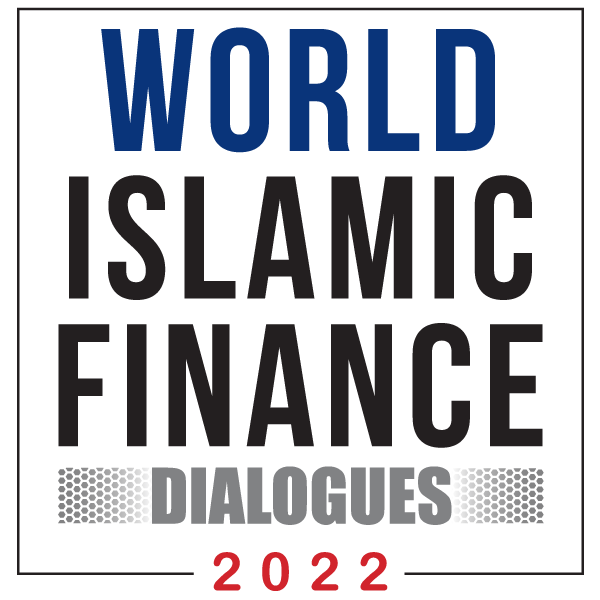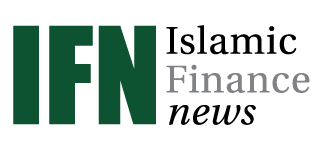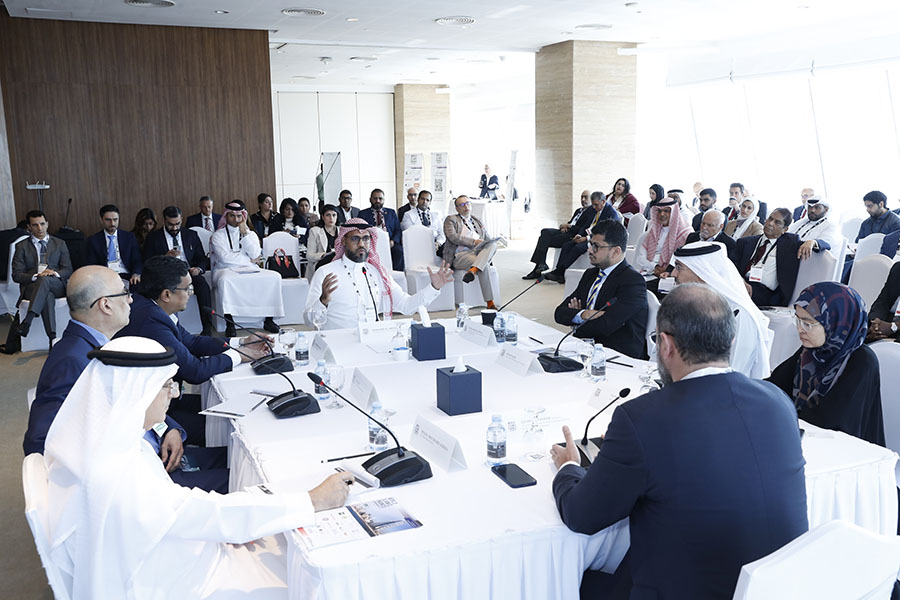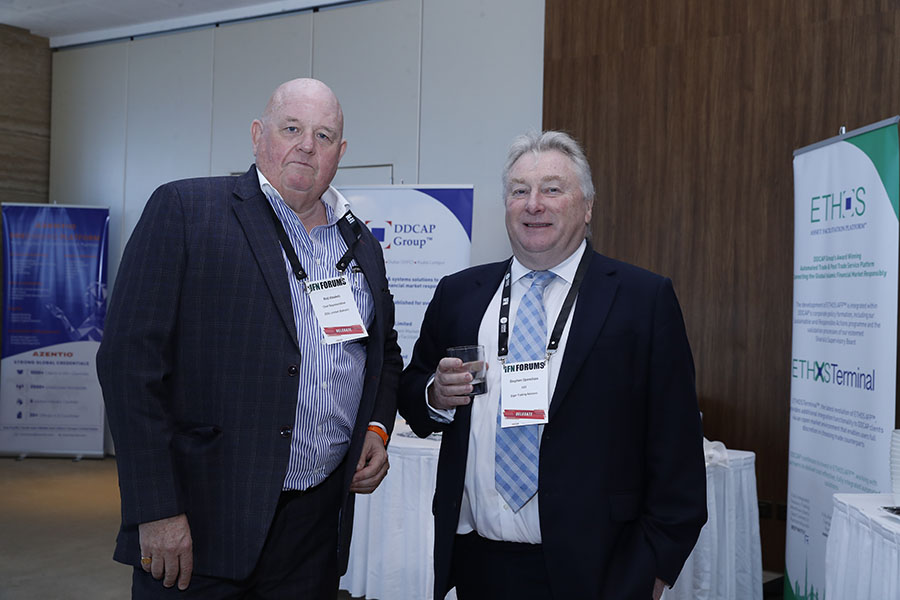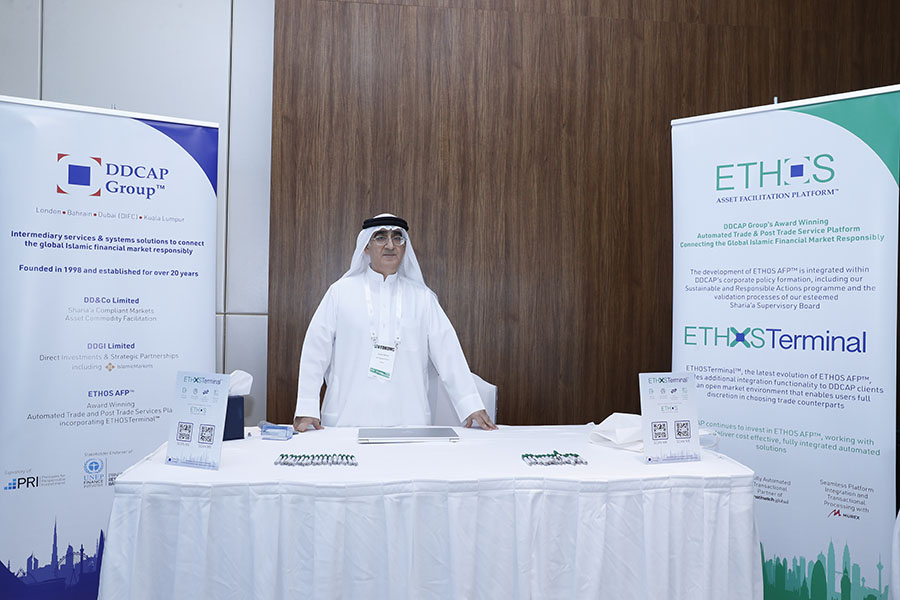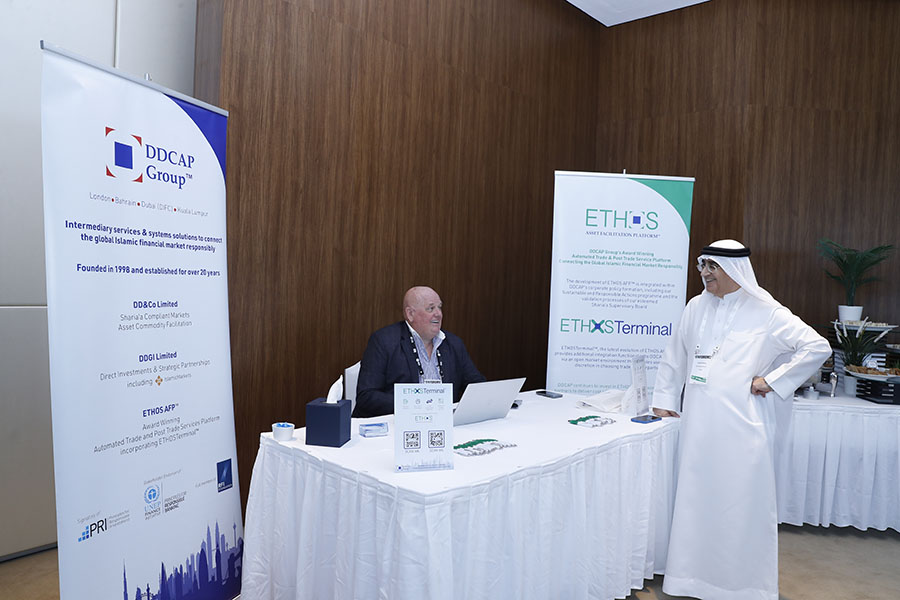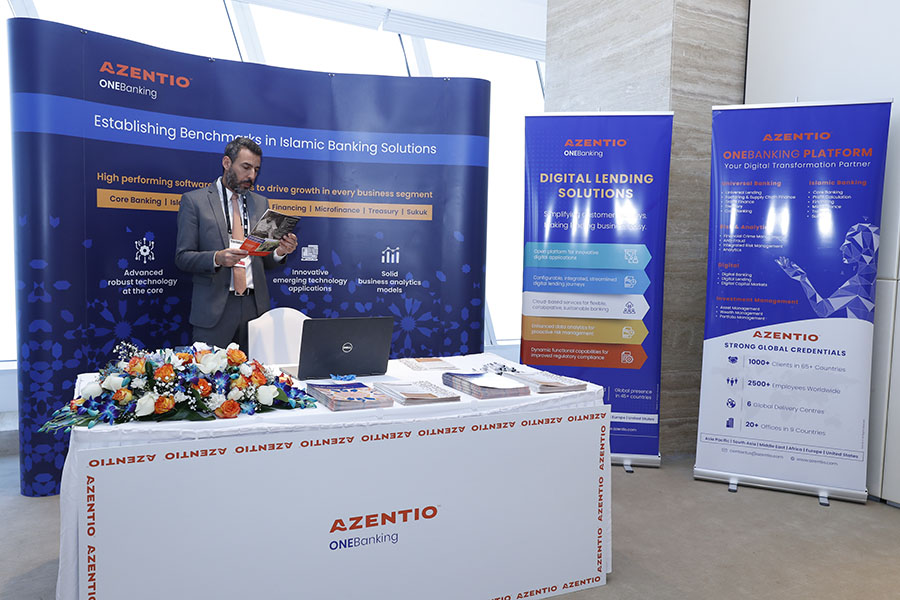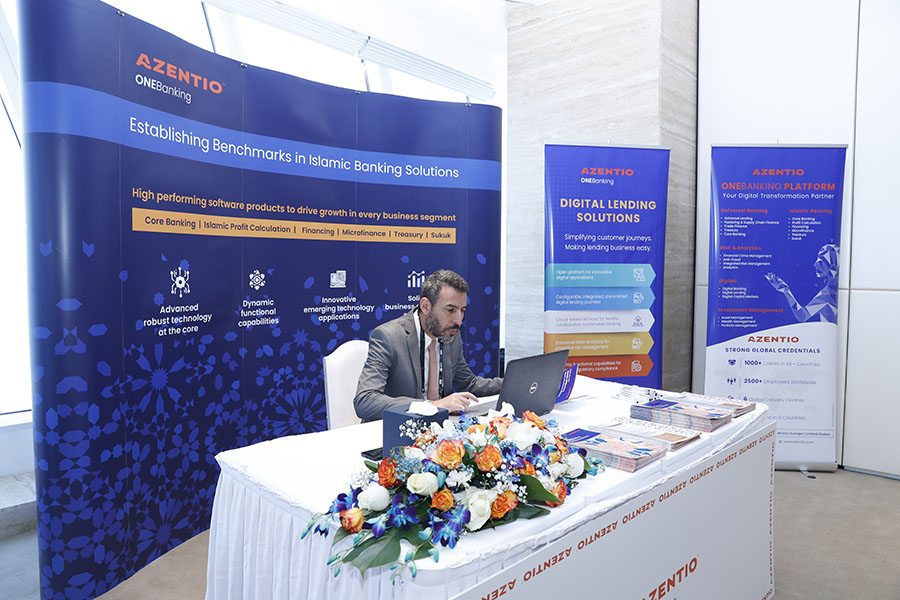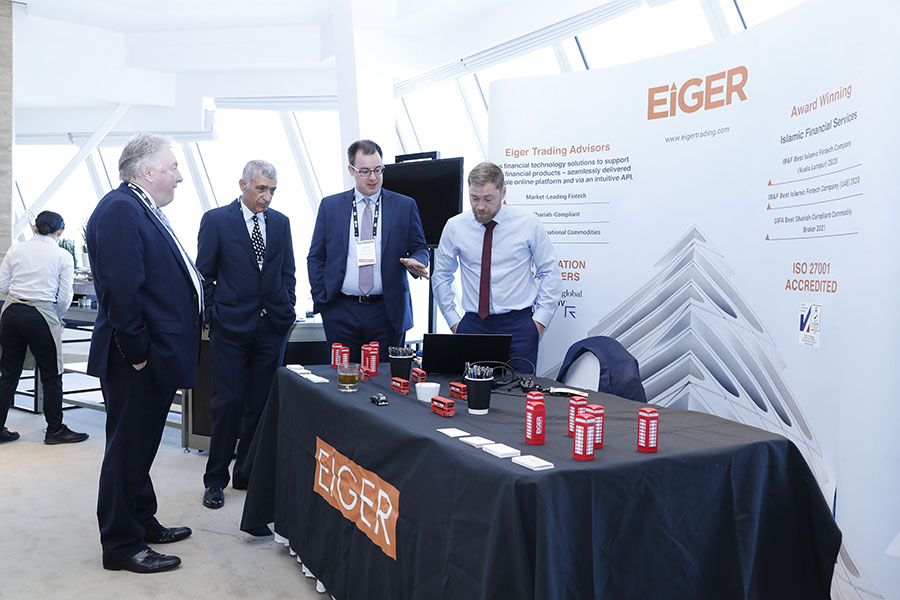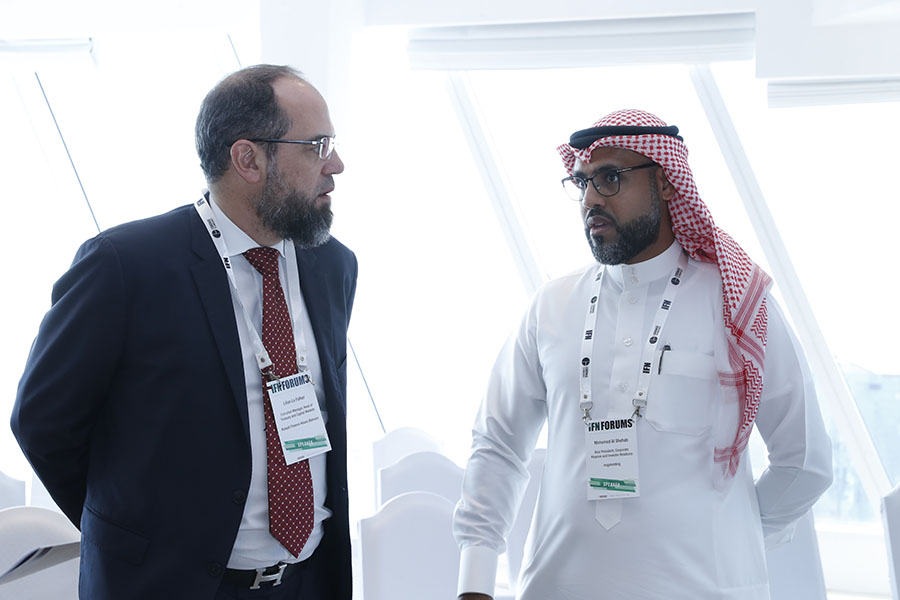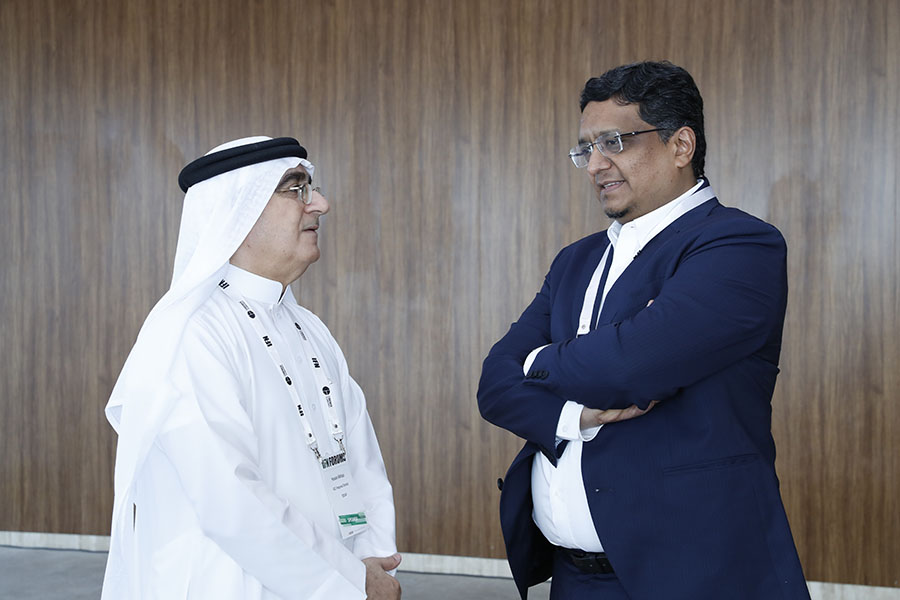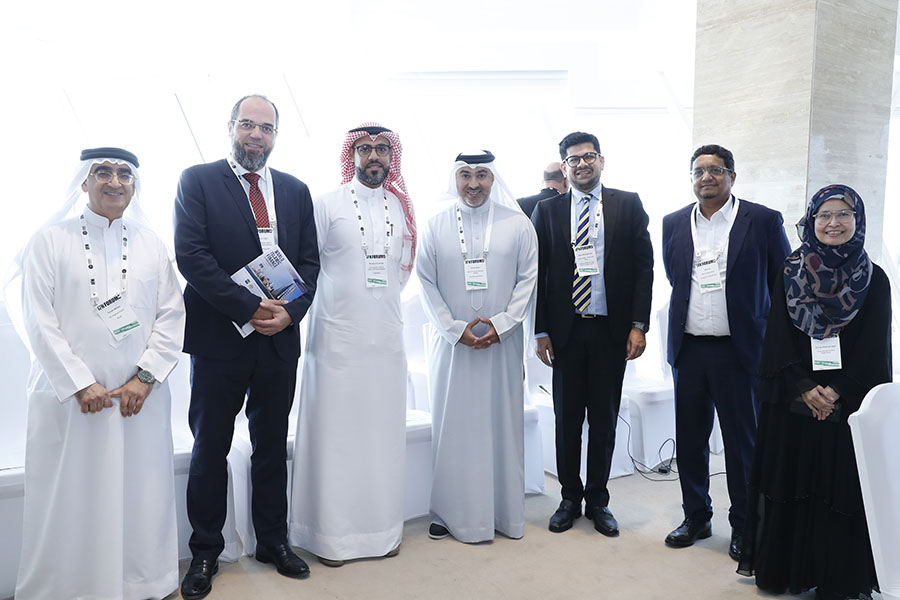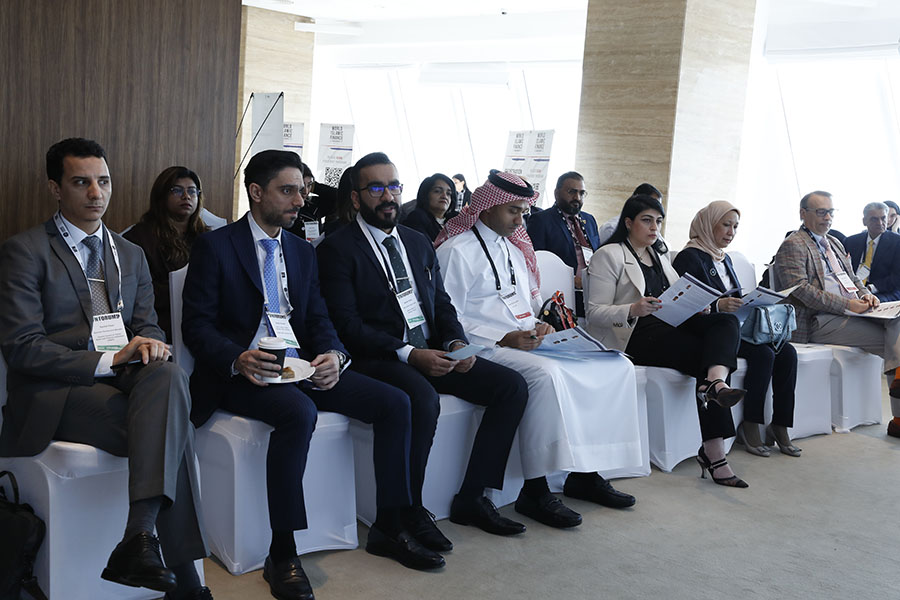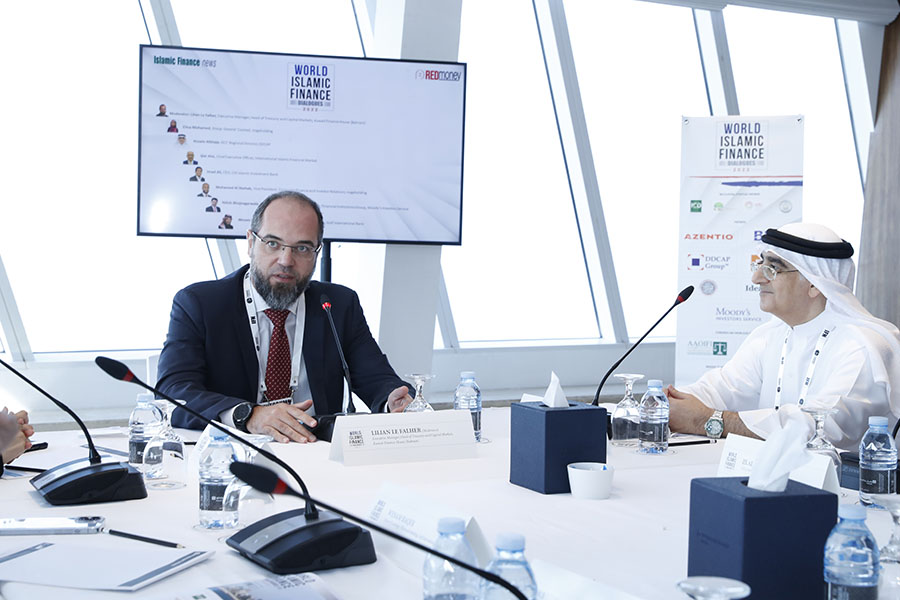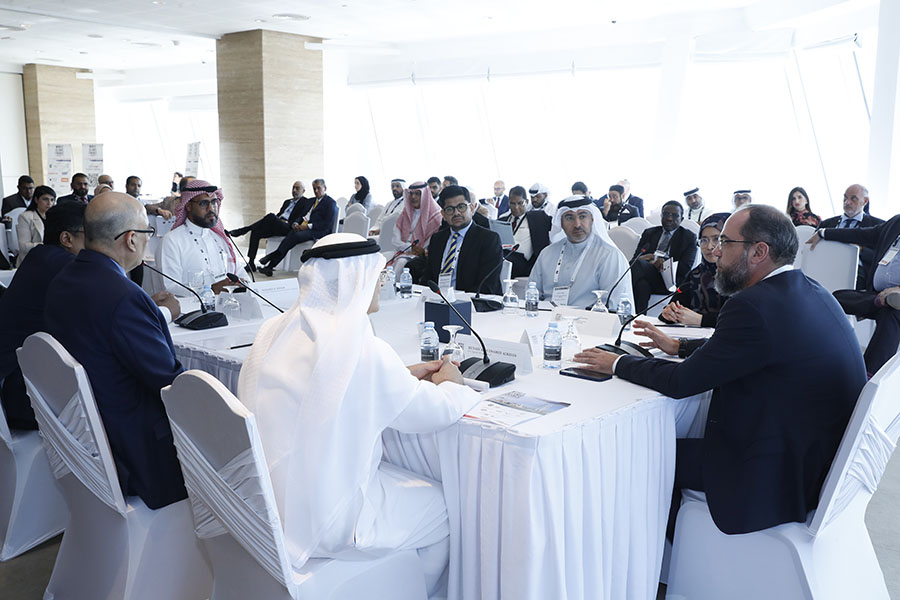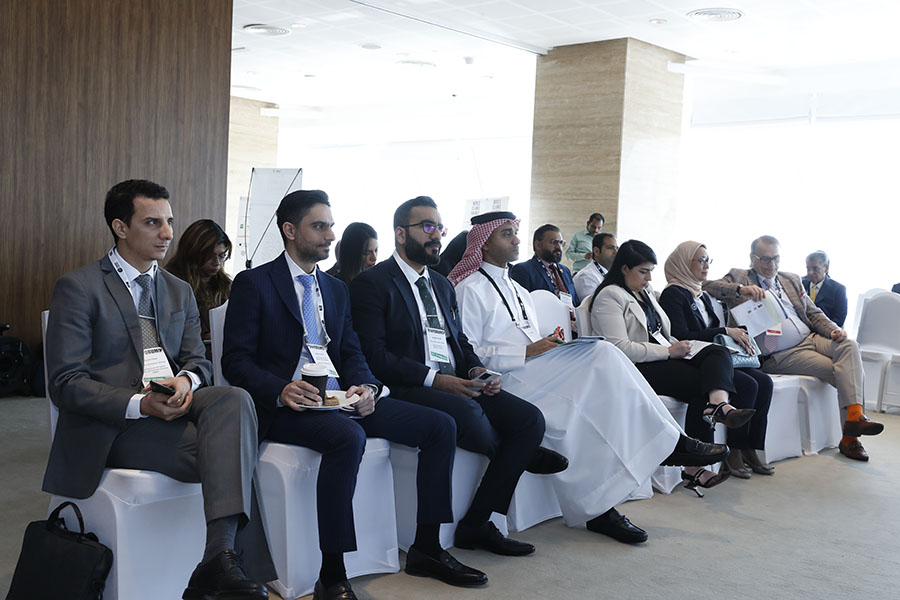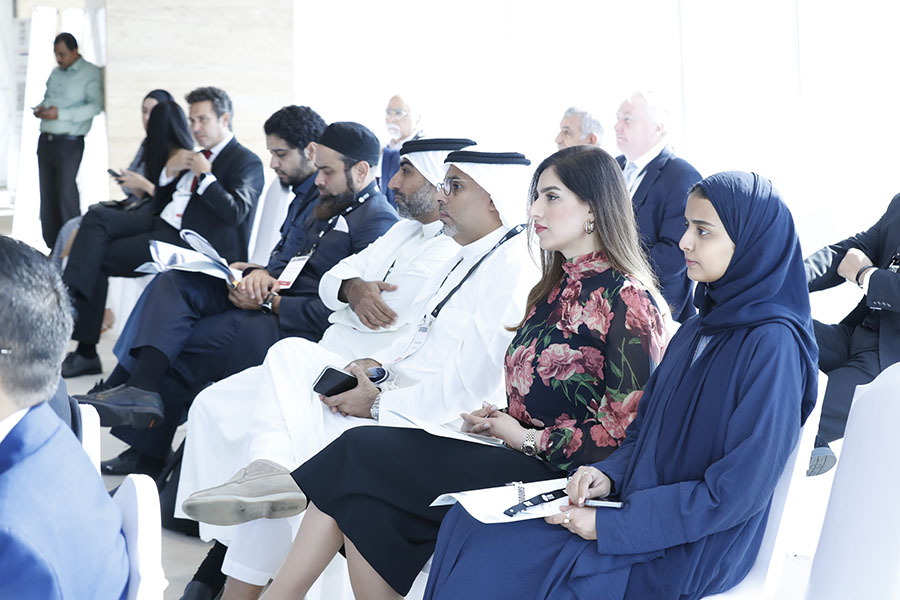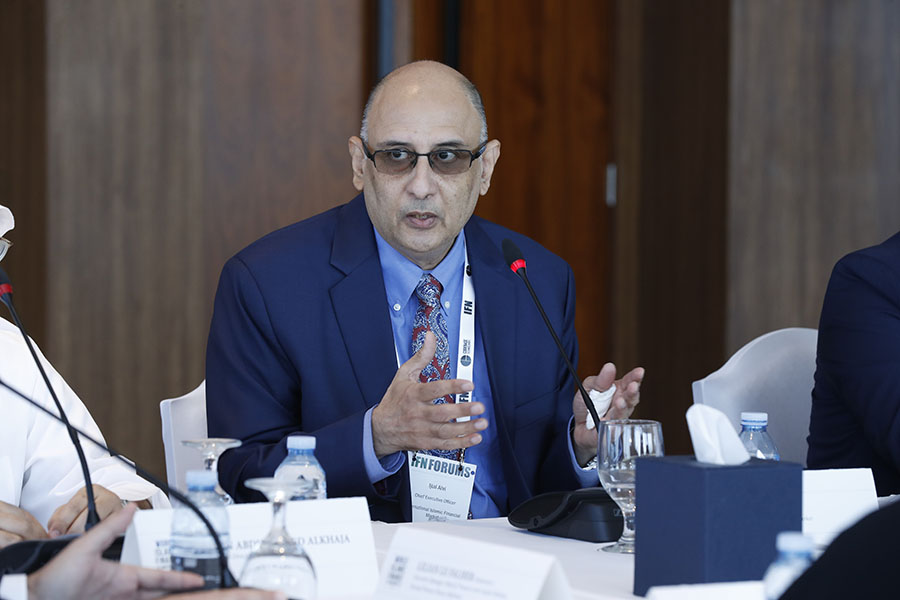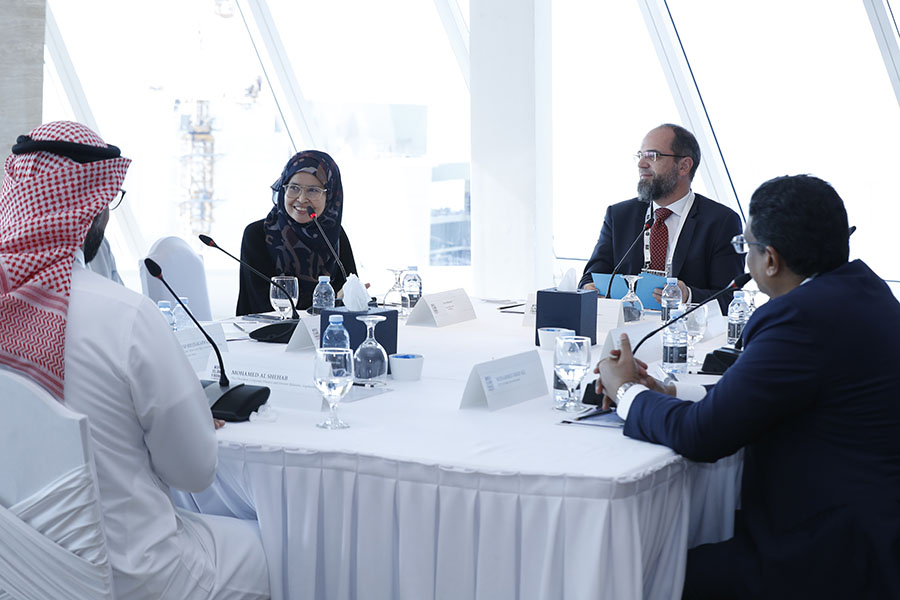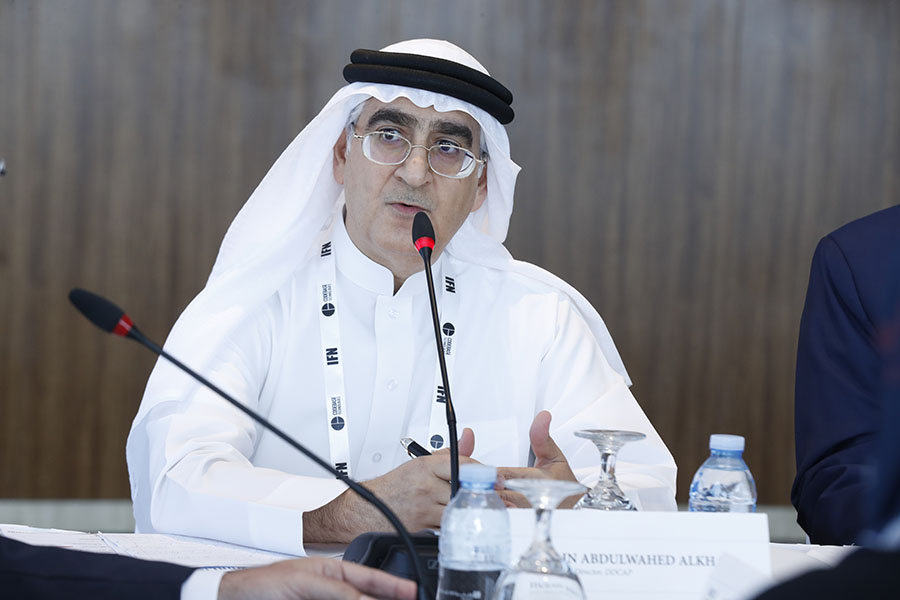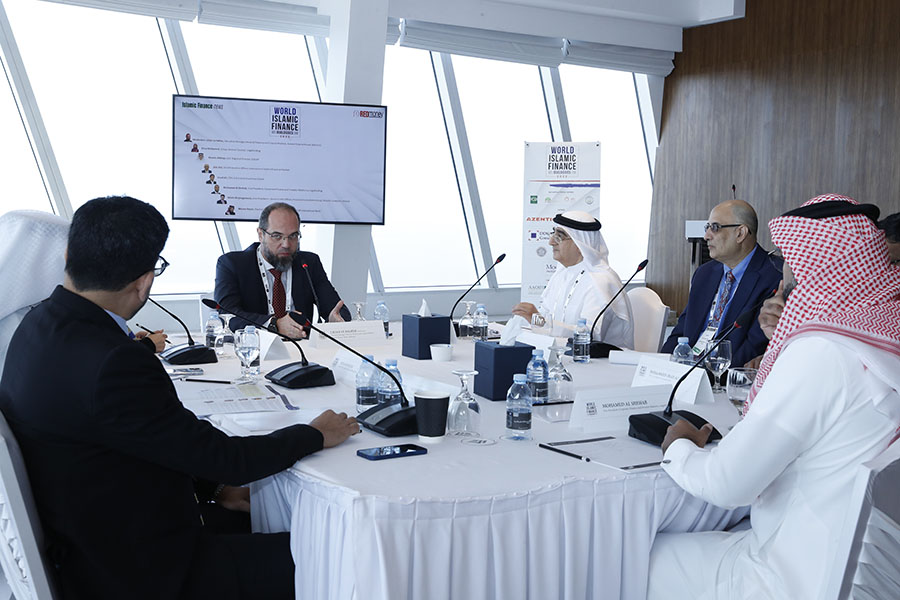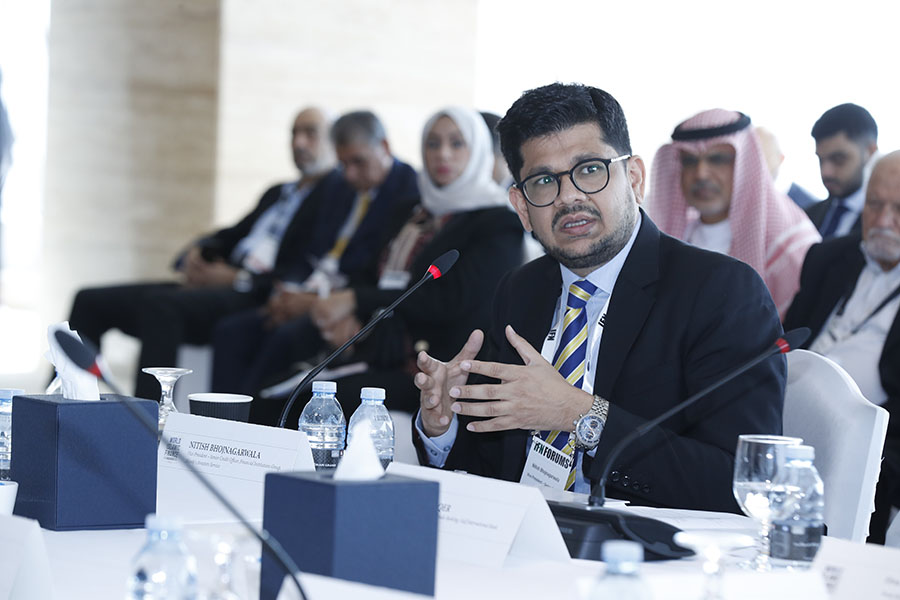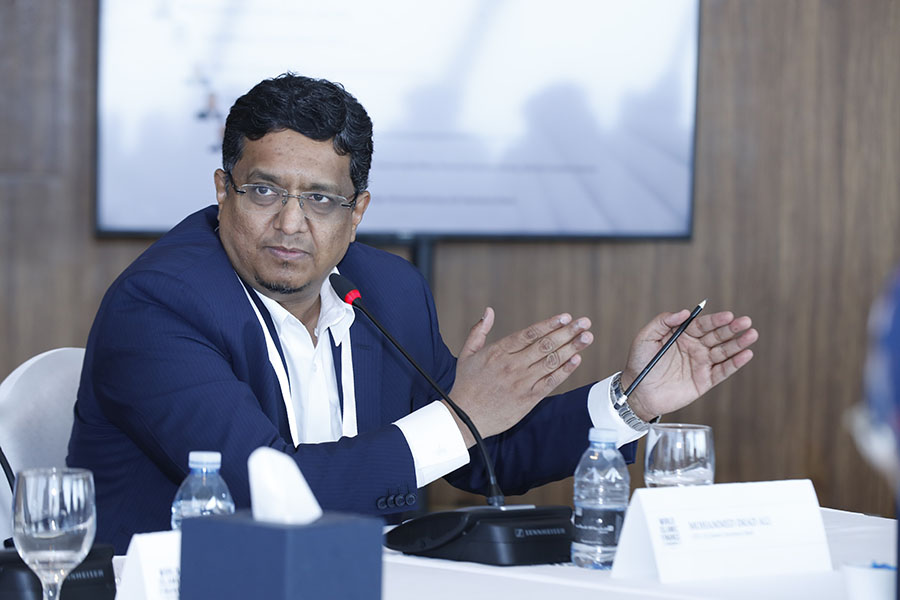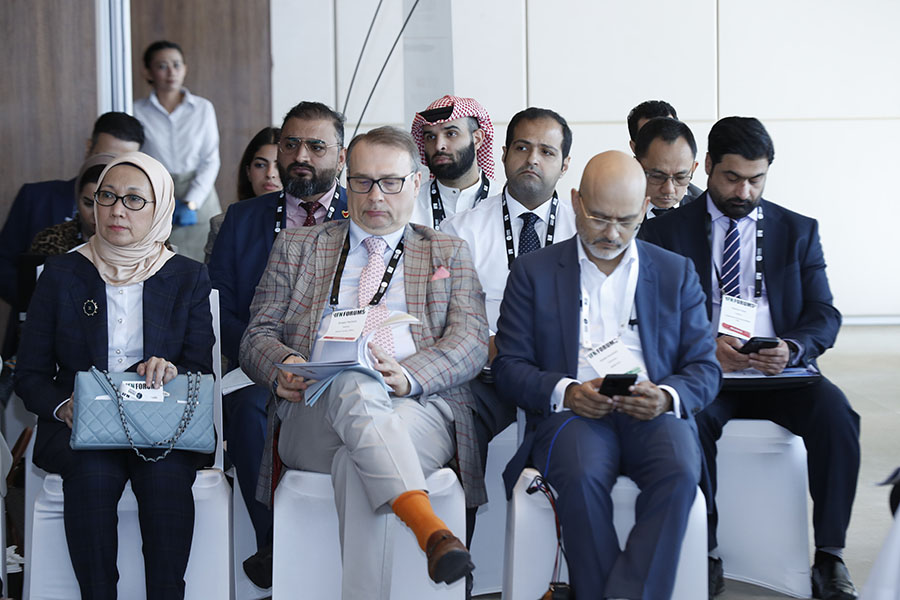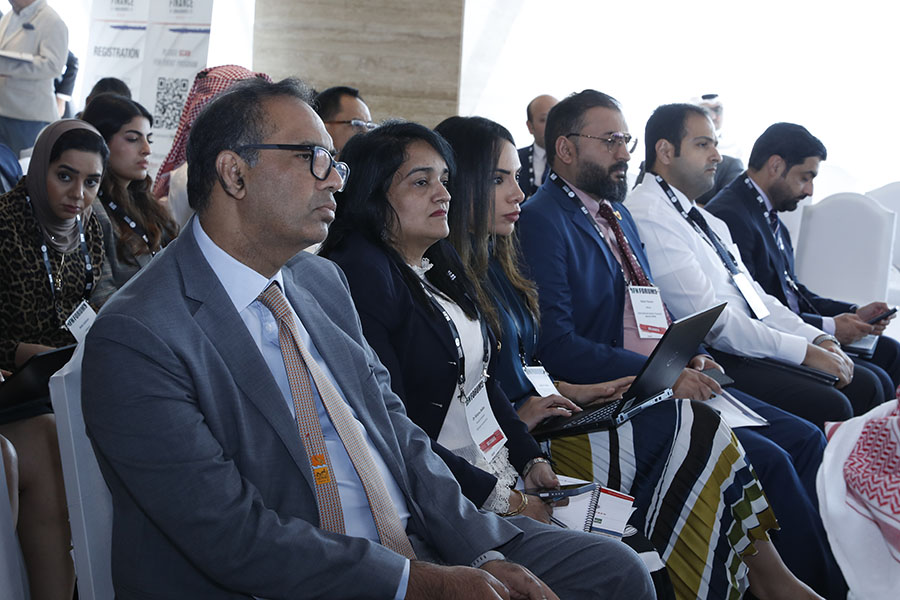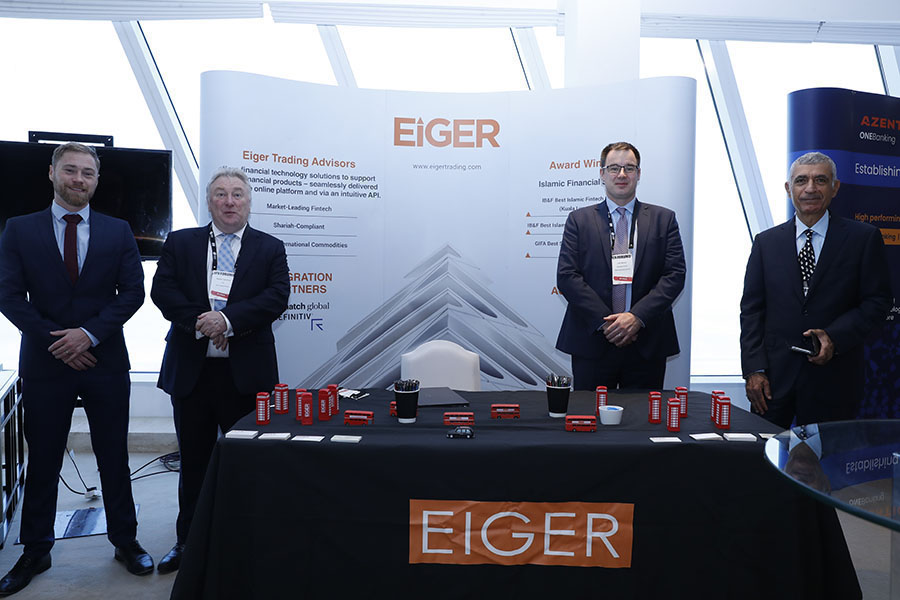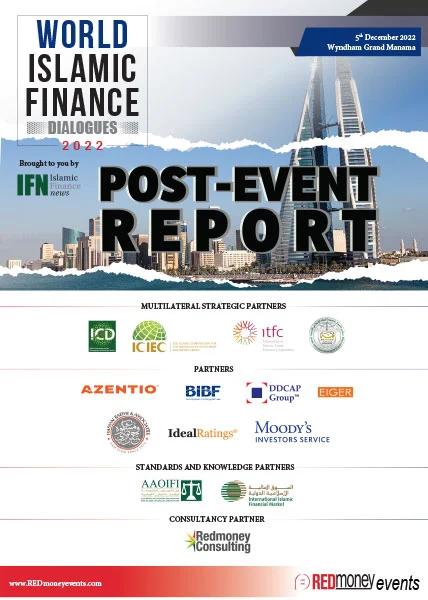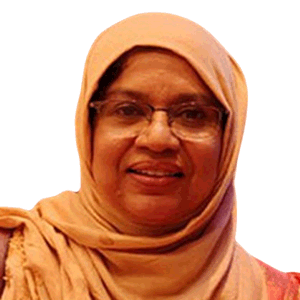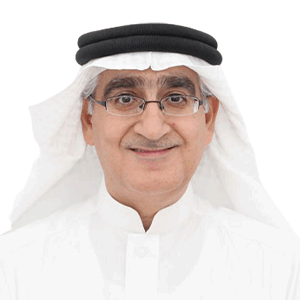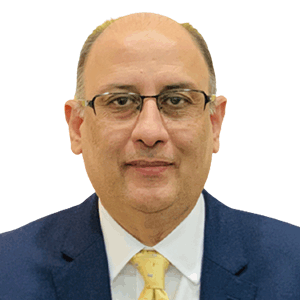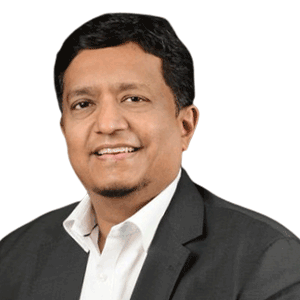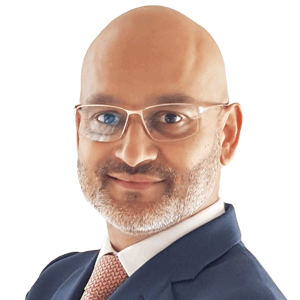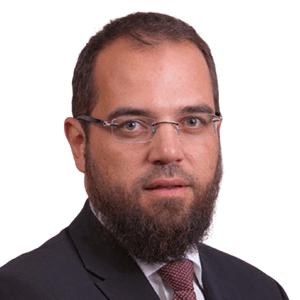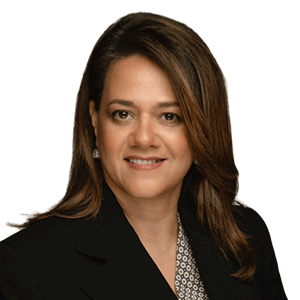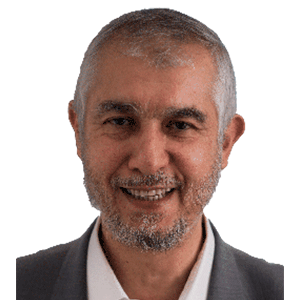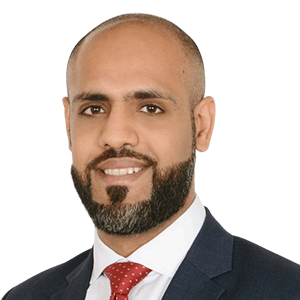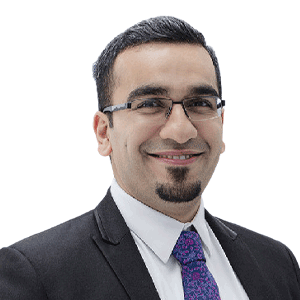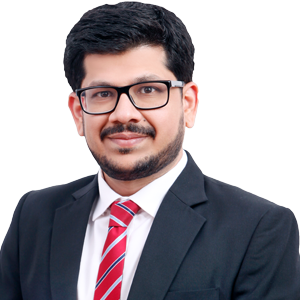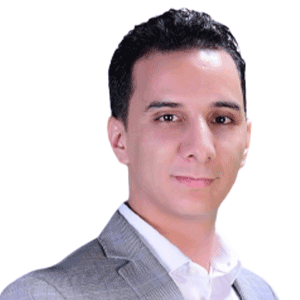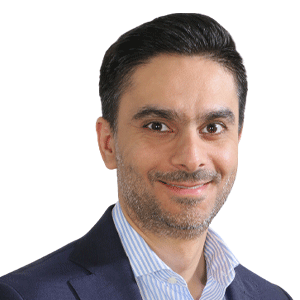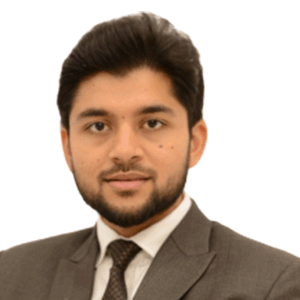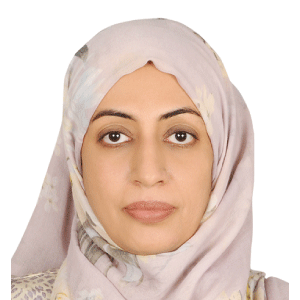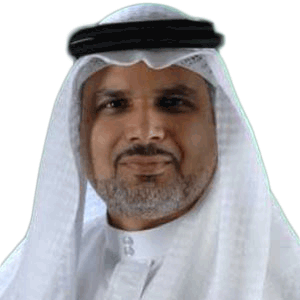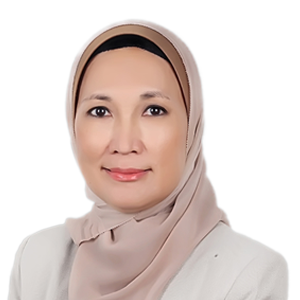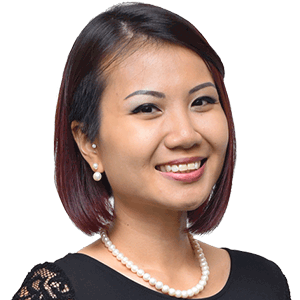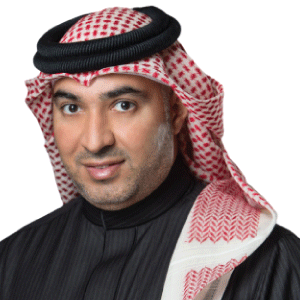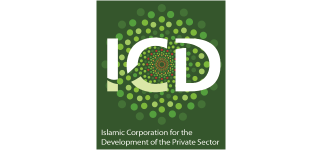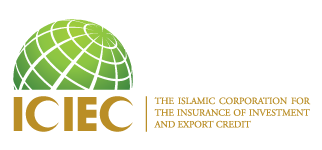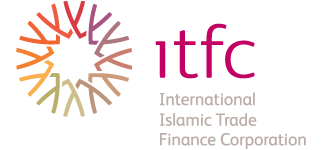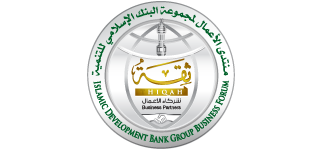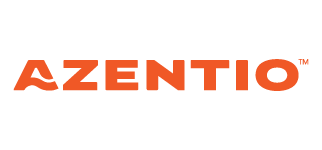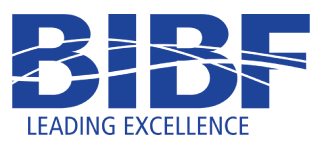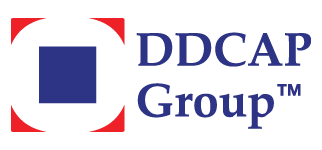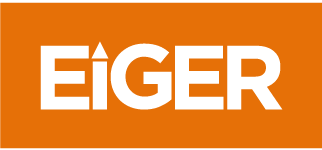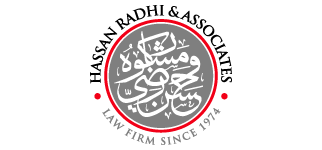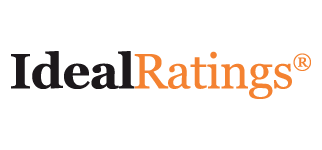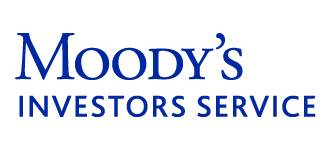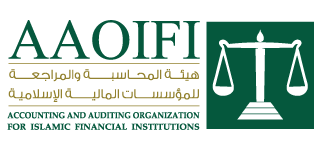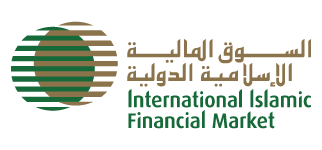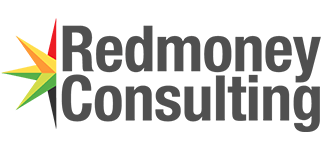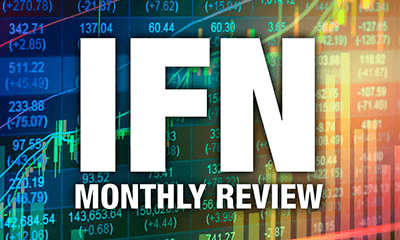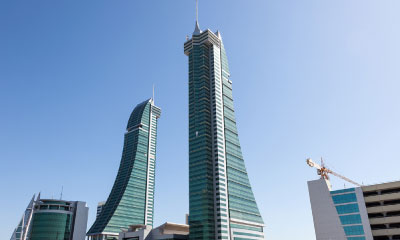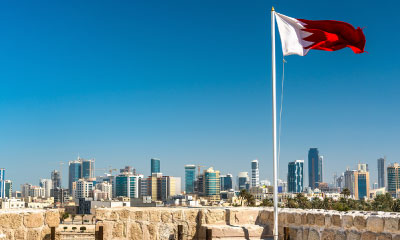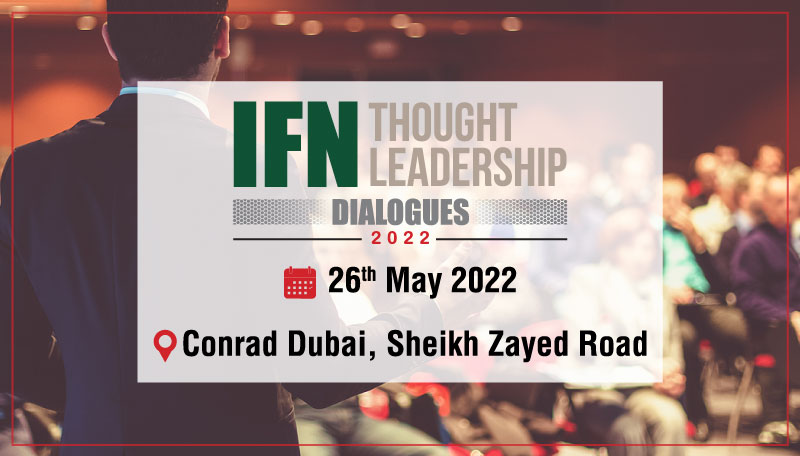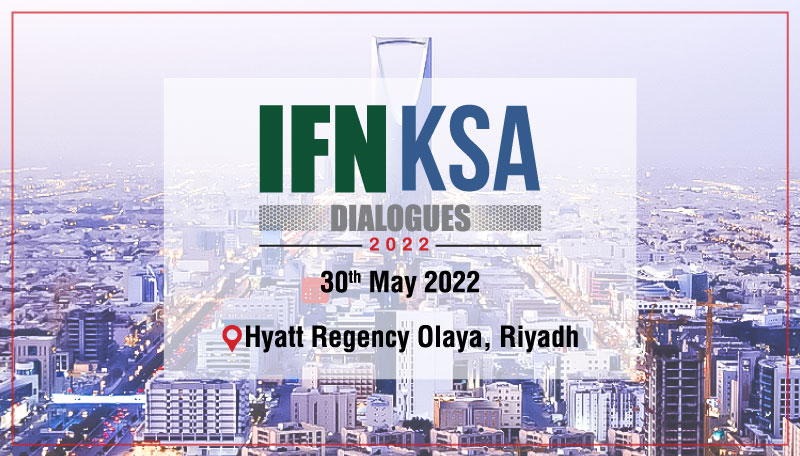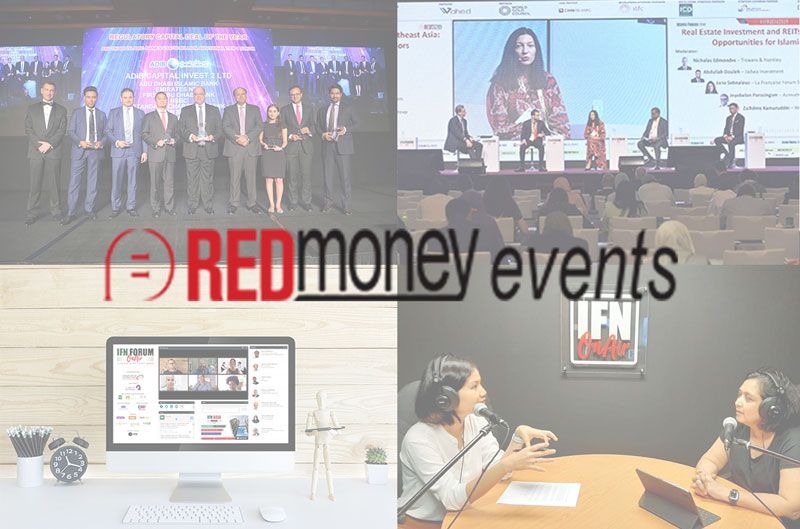9.00 – 9.15
Welcome Remarks
9.15 – 11.00
Dialogue One: Global Islamic Capital Markets, Infrastructure Finance & Private Equity
- Inflation, a rising interest rate environment and the implications for potential issuers of Islamic capital market products and Islamic facilities.
- How do Islamic facilities present viable funding options for asset-heavy industries such as transport, and oil and gas?
- How are Islamic finance structures funding projects and infrastructure?
- The role of private capital in the Islamic finance markets.
- Beyond listed Sukuk: what are the opportunities presented by the private placement market?
- What options do hybrid or combination Sukuk offer issuers?
- How do Tier 1 and Tier 2 Sukuk offer financial institutions a flexible, efficient and user-friendly way of satisfying regulatory capital requirements, and what do perpetual Sukuk structures offer such issuers?
- Developing the global Sukuk and Islamic financing market: regulation, hedging, risk and liquidity management instruments.
- With the demise of LIBOR, is SOFR a good alternative for the Islamic finance market?
- The evolution of Shariah compliant fund and collective investment schemes: ETFs, Sukuk, leasing and trade finance funds.
- The outlook for Shariah compliant direct real estate investment and private equity.
- The role of technology and marketplace financing in Islamic finance.
Lilian Le Falher, Executive Manager, Head of Treasury and Capital Markets, Kuwait Finance House (Bahrain)
Panelists:Elina Mohamed, Group General Counsel, nogaholding
Husain Alkhaja, GCC Regional Director, DDCAP
Ijlal Alvi, CEO, International Islamic Financial Market
Imad Ali, CEO, Citi Islamic Investment Bank
Mohamed Al Shehab, Vice President, Corporate Finance and Investor Relations, nogaholding
Nitish Bhojnagarwala, Vice President – Senior Credit Officer, Financial Institutions Group, Moody’s Investors Service
Wesam Baqer, Head of Coverage, Wholesale Banking, Gulf International Bank
11.00 – 11.15
Coffee
11.15 – 12.45
Dialogue Two: Islamic Sustainable Finance and Investment
- Opportunity knocks: the exciting prospects for Islamic sustainable finance and investment.
- Important considerations in the development of efficacious Islamic sustainable investment products.
- Understanding the structure and benefits of transition, sustainable and sustainability-linked investment products.
- Islamic sustainable funding options available to asset-heavy industries.
- Managing important sustainable investment regulatory, reporting and disclosure requirements for issuers and investors.
- Fit for purpose: measuring the long-term benefit of green and sustainable financial investments and avoiding the issue of greenwashing.
- Stress-testing credit and investment portfolios for climate risk, and the role of regulators.
- With ESG and sustainability continuing to grow in Islamic capital markets issuance, when will we see the measurement of impact?
- Are sufficient issuers engaging with independent, third parties to measure green, sustainable and social credentials?
- Are tax environments in the GCC less conducive toward green issuances?
- Where does technology play a role in Islamic sustainable finance and investment?
Vineeta Tan, Managing Editor, Islamic Finance news
Panelists:Luma Saqqaf, CEO, Ajyal Sustainability Consulting
Mujtaba Khalid, Head of the Centre for Islamic Finance, Bahrain Institute of Banking & Finance
Rachid Ettaai, Business Development Manager, General Council for Islamic Banks and Financial Institutions (CIBAFI)
Redha Al Ansari, Head of Islamic Finance Research, Data and Analytics, London Stock Exchange Group
Sabeen Saleem, CEO, Islamic International Rating Agency
Dr Salah Almajthoob, Chairman, Jeyad Advisory
Shahariah Shaharudin, President, Saturna Malaysia
12.45 – 13.00
Coffee
13:00 – 14:30
Dialogue Three: Digital Assets, Digitalization and the Evolution of Islamic Financial Services
- The digitalization of Islamic financial services: what is working, what is viable and what is not? What do the answers to these questions mean for the evolution of Islamic financial services
- Does digitalization allow us to better address issues such as product authenticity and the minimization of uncertainty?
- Is the success of neobanks inevitable, and how will they change the market?
- How will the development, provision and distribution of digital Islamic financial services evolve in the near term?
- The importance of recent initiatives by regulators in creating an environment for the enhancement of the domestic financial services sector’s digital infrastructure.
- The likely effects of bank mergers on the digitization of Islamic financial services.
- Evaluating regulator-fostered sandboxes: what is on offer, what is beneficial and how successful are initiatives?
- Beyond retail: developing and distributing effective and attractive Shariah compliant digital wealth management, investment and insurance products.
- The development of systems and software for Islamic banks: driving scale, integrity and efficiency.
- The tangible benefits of peer-to-peer lending and equity crowdfunding: how these key technologies can be further applied to today’s banking and financial markets.
- How are stablecoins, non-fungible tokens, utility tokens, equity tokens and other digital assets being applied to financial markets?
- What is the potential for new and structured products based on cryptocurrencies for the domestic market: ETFs and complex leverage mechanisms such as DeFi?
Vineeta Tan, Managing Editor, Islamic Finance news
Panelists:Dr Gulnar Mulla, Head of the Finance Department, University of Technology, Bahrain
Khalid Howladar, Chairman, MRHB DeFi
Mohamad Ameer Al-Dirini, Regional Sales Manager, Global Islamic Banking, Azentio Software
Dr Rizwan Malik, Head – Standards Implementation & Strategic Developments, Accounting and Auditing Organization for Islamic Financial Institutions (AAOIFI)
14:30
Luncheon and Networking

